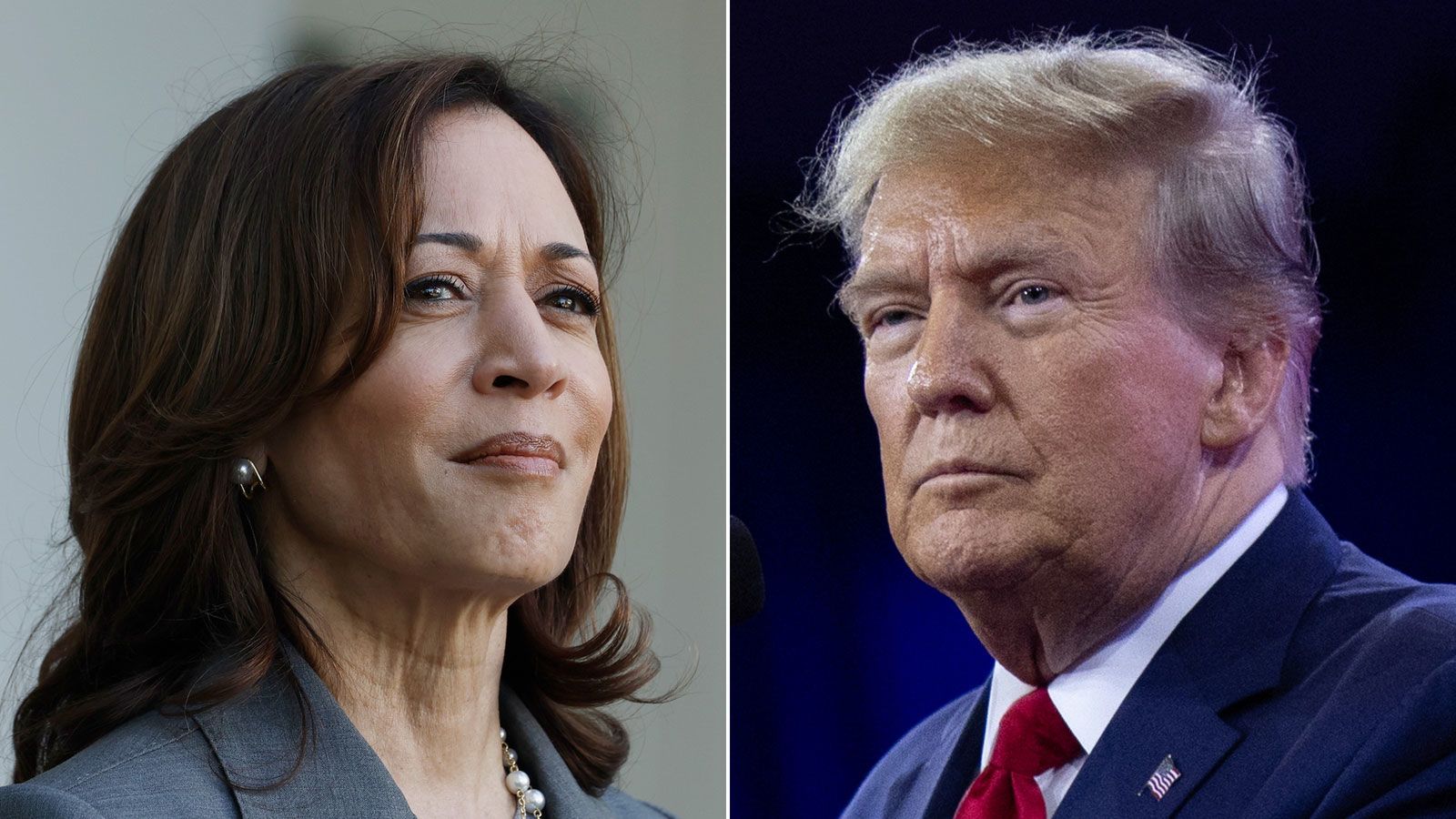The mainstream media has long been accused of harboring a bias against Donald Trump, with recent coverage intensifying these claims. Critics argue that media outlets are unfairly attacking Trump while giving Kamala Harris a free pass. However, a closer examination reveals that these accusations are not only credible but also highlight a broader issue of media integrity and transparency.
The relentless focus on Donald Trump’s legal challenges is more than just a matter of newsworthiness—it appears to be a coordinated effort to undermine his credibility and distract from his policy proposals. While it’s true that Trump is facing multiple legal battles, the media’s fixation on these issues overshadows his significant accomplishments and policy discussions. For instance, during his presidency, Trump achieved record-low unemployment rates, initiated historic criminal justice reforms, and brokered peace deals in the Middle East, accomplishments that are often downplayed or ignored by mainstream outlets.
The bias becomes even more apparent when compared to the coverage of legal and ethical issues faced by other political figures. Joe Biden’s controversies surrounding Hunter Biden’s business dealings, for instance, have not received the same level of scrutiny, despite their implications for national security and corruption. This double standard reveals a media landscape that is more interested in damaging Trump’s reputation than in providing balanced, fact-based reporting.
The estimated reach of these negative Trump stories could be around 70-120 million people over a two-week period, considering the wide audience of outlets like The Washington Post, NBC News, and Yahoo News.
Kamala Harris, on the other hand, has been the beneficiary of largely positive coverage, particularly regarding her role as the first female and person of color to serve as Vice President. While her historic achievement is indeed noteworthy, the media’s portrayal often glosses over her numerous policy failures and low approval ratings. For example, articles on outlets like CNN and The New York Times have frequently highlighted her groundbreaking status without equally focusing on her policy shortcomings.
Harris has struggled with key issues such as immigration and voting rights, yet these challenges are frequently downplayed or blamed on external factors rather than her leadership. Despite being tasked with addressing the border crisis, Harris has been criticized for her inaction and lack of clear strategy, yet these criticisms are often muted in mainstream media. Moreover, her approval ratings remain consistently low, a fact that is not adequately reflected in the media narrative that paints her as a rising star in American politics.
The reach of pro-Kamala stories is estimated to be in the range of **50-100 million** people over the same period, considering the wide distribution through outlets like CNN, MSNBC, and The New York Times.
It is no secret that the media landscape in the United States is deeply polarized, with many outlets openly aligning themselves with particular political ideologies. This polarization has led to a situation where Trump, who represents a challenge to the political establishment, is consistently portrayed in a negative light, while figures like Harris, who align with the media’s ideological leanings, are given preferential treatment.
The problem with this biased coverage is that it distorts public perception and undermines democratic processes. When the media fails to hold all political figures to the same standard, it not only betrays the trust of the public but also contributes to the erosion of informed political discourse.
The allegations of media bias against Trump and favoritism towards Harris are not baseless; they reflect a broader trend of selective reporting and narrative shaping that serves specific political agendas. For a healthy democracy, it is crucial that the media provides balanced coverage that holds all political figures accountable, regardless of their party affiliation.
As consumers of news, it is important to remain vigilant and critically assess the information presented to us. By seeking out diverse sources and demanding transparency from the media, we can ensure that our understanding of political events is based on facts rather than manipulated narratives.

